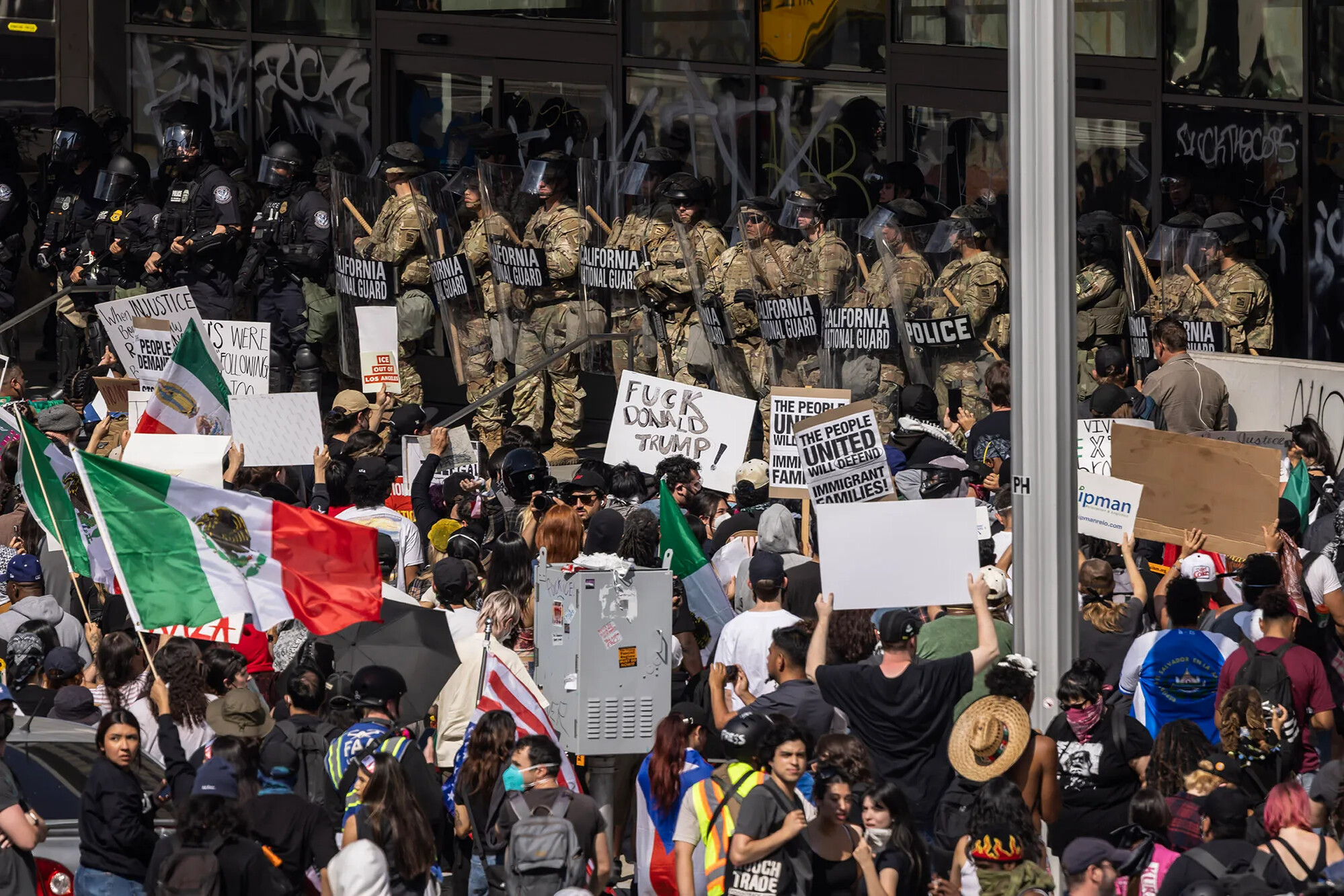The most common calls were people reporting suspected ICE activity, making requests for immediate legal assistance when a family member or friend was arrested, and residents looking for accompaniment or guidance before attending immigration check-in appointments or court hearings, the county said. The hotline also received calls with requests for Know Your Rights materials.
“We’re just seeing people on high alert. You know, someone sees a white van or they see a uniform, they automatically think ‘Could it be ICE?’,” Barousse said. “Just given the high volume of calls, it stretches our staff, but nonetheless, we’re here as the line of defense for our immigrant community.”
The network’s volunteers and staff respond to reports of potential ICE activity, attempt to verify enforcement actions and post alerts or informational updates on their social media pages.
The network often posts updates clarifying that suspected federal immigration activity was not founded, but rather that a local police or sheriff’s operation is underway and unrelated to immigration. Verifying when ICE isn’t present can be just as important to help quell fears, Barousse said.
Local advocates and support network leaders say concerns about where the Trump administration’s immigration authorities will pop up next, coupled with anxieties caused by unprecedented deployment of the U.S. Marines in Los Angeles during anti-ICE protests, are behind the spike in reports and calls in the South Bay.
“What happened in L.A. … I’ve never seen anything like this in my lifetime, and I’m pretty sure that’s true for everybody who’s calling,” said Huy Tran, executive director of Services, Immigrant Rights and Education Network, or SIREN, which is also a part of the Rapid Response Network.

Tran said the group’s goals are to be proactive in planning for the most severe situations, like federal raids taking over portions of the community, but also to boost residents’ understanding of their rights and what to expect so they don’t feel like they have to lock themselves indoors.
“We’re trying to be creative, we’re trying to be prepared. We don’t want folks to panic. We’ve got to get people into a position where they can move past fear and concern and then be engaged,” Tran said.
Local governments in the South Bay have stepped up their contributions to organizations supporting Rapid Response Network and other immigrant defense efforts.
The San José City Council recently approved up to $1.5 million for immigrant support services, the largest such allocation in the city’s history by a wide margin.

